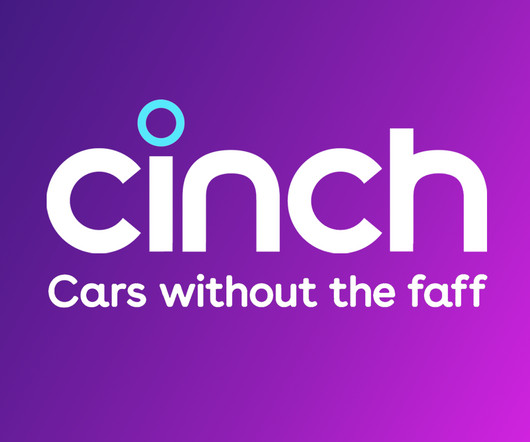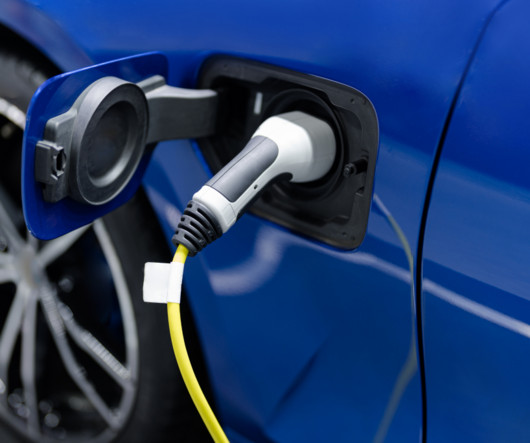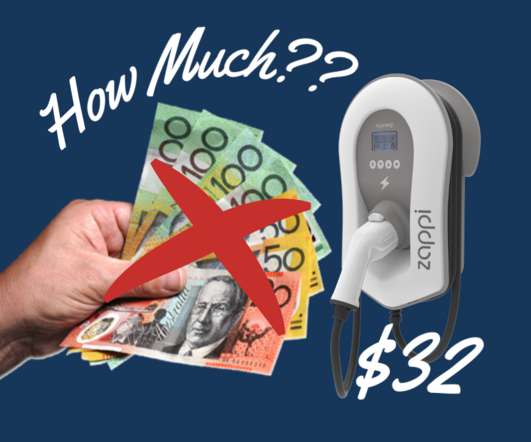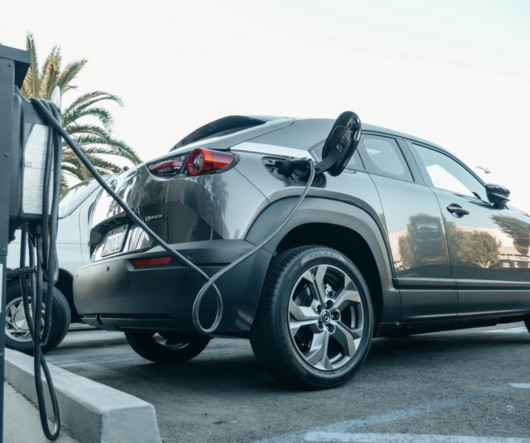myenergi partners with cinch to further accelerate EV adoption
My Energi
AUGUST 17, 2023
zappi is a smart charger with a difference. Grid-compatible as standard, it also has optional charging modes capable of utilising 100% green energy generated by consumers’ own renewable power. This means that drivers can effectively charge their EVs at home for free – zero fossil fuels, zero reliance on the grid.












Let's personalize your content